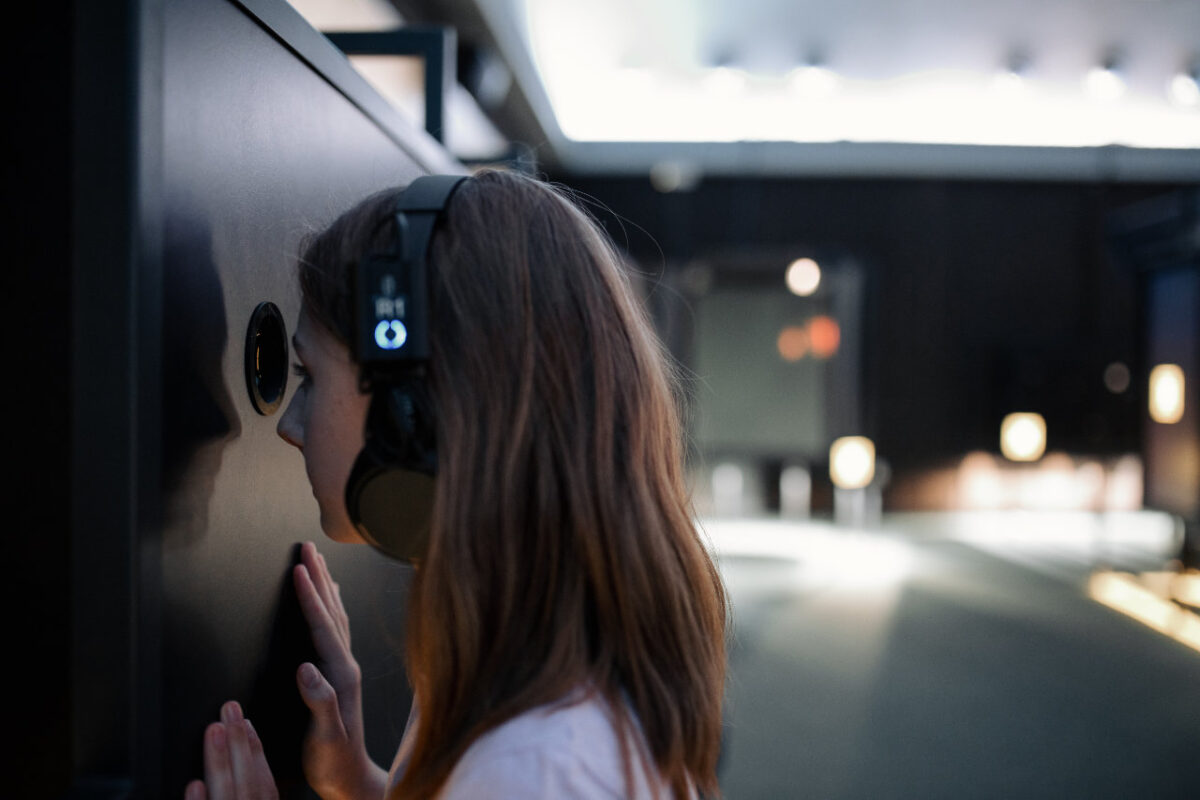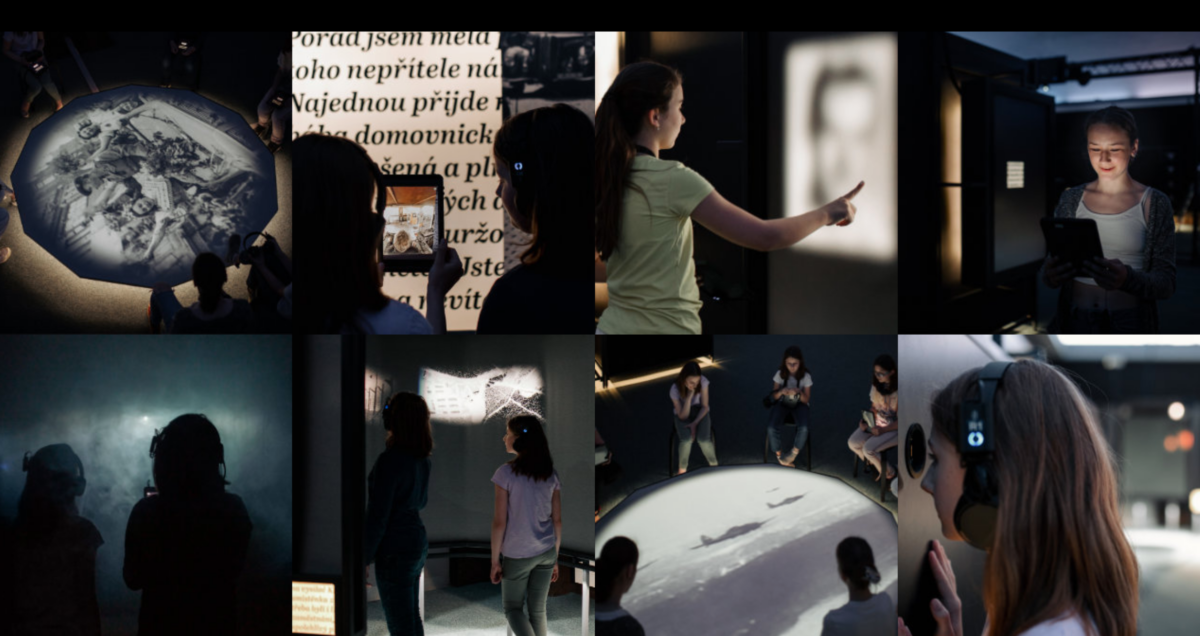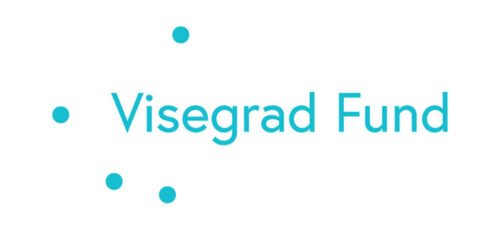The recent history of our nations is not very well understood by younger generations.
We strive to address this disconnect between young people and their understanding of our nations‘ modern history. “Memorizing” methods such as reading textbooks are common in schools rather than interactive and engaging practices. This can lead the younger population to barely remember the conditions of totalitarian regimes, let alone understand their importance. We realize this will change only if history is better introduced to them.
We are convinced that there is no better method than to listen to and watch the actors involved in a particular piece of history. An even more effective strategy is to encourage “playing” a role as if you were the one experiencing difficult or even life-threatening historical situations. Putting yourself in another’s shoes can contribute to a deeper understanding of what life was like under a totalitarian regime.
The Czech Post Bellum has started creating Memory of Nation Institutes in Czech and Moravian regions/cities. These institutes are permanent places that allow regular recording of witnesses that create permanent but ever-changing expositions. We construct these in hopes of systematically educating young people on the past through exposition. We also hope to facilitate meetings between young people and witnesses/seniors to create an environment of mutual helping and understanding. The content of these institutes is based on the regional past we have recorded. We have collected over 10,000 various, mostly Czech, Slovak but also Polish, Hungarian and other witnesses‘ stories. We wish to widen the scope of our institutes and similar projects to other Central European countries and even to global perspectives – to achieve our goal of being “glocal.”

To do so, the testimonies have to be adapted to the exhibitions given in each country or partner institute. The same applies to our education programmes and workshops. The expositions and education programmes will substantially help teachers better educate young people on our past on not only a national but a global scale. Therefore we need to widen the collection of testimonies in each country by people, who – ideally – played key roles in resisting the totalitarian regimes.
Based on these and previously recorded strong life stories, we may prepare a specific exhibition, which will clearly explain the history of our countries not only in specifically national contexts, but in wider, international (in this case, future Visegrad) contexts as well. We will make specific education programmes or workshops to complement each partner institute and their exhibitions. The programmes or workshops will have the goal of showing a common totalitarian history to young students that promotes such a deep understanding that they will almost feel as if they were witnesses themselves. These workshops will be tested so they can be used after the project implementation as well.
We will also exchange our experiences on how to „expose“ our past to young people using different techniques so they can better understand the main message of our effort. We implore them– please never forget this past, which may repeat itself if we do not learn from it. By raising awareness of these histories, hopefully, our younger generation will be able to recognize warning signs of encroaching totalitarian regimes. If we forget how our parents and/or grandparents suffered in the past, we bear the burden of history repeating itself.

The project shall be implemented from November 2021 to April 2023 also thanks to generous financial support of the International Visegrad Fund (24.000 €).
Project partners
The project shall be implemented in cooperation with our Slovak, Polish and Hungarian partners, namely:
